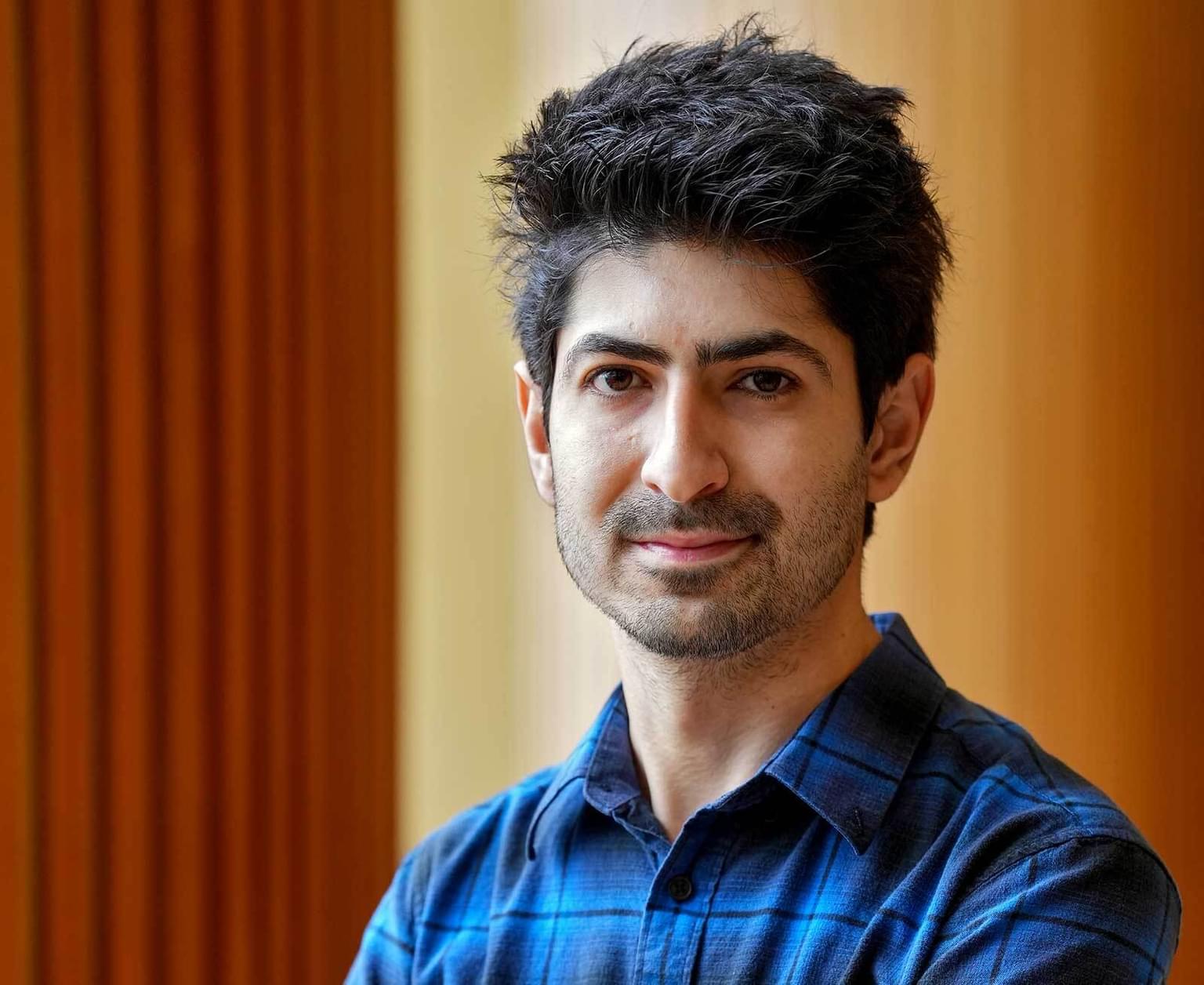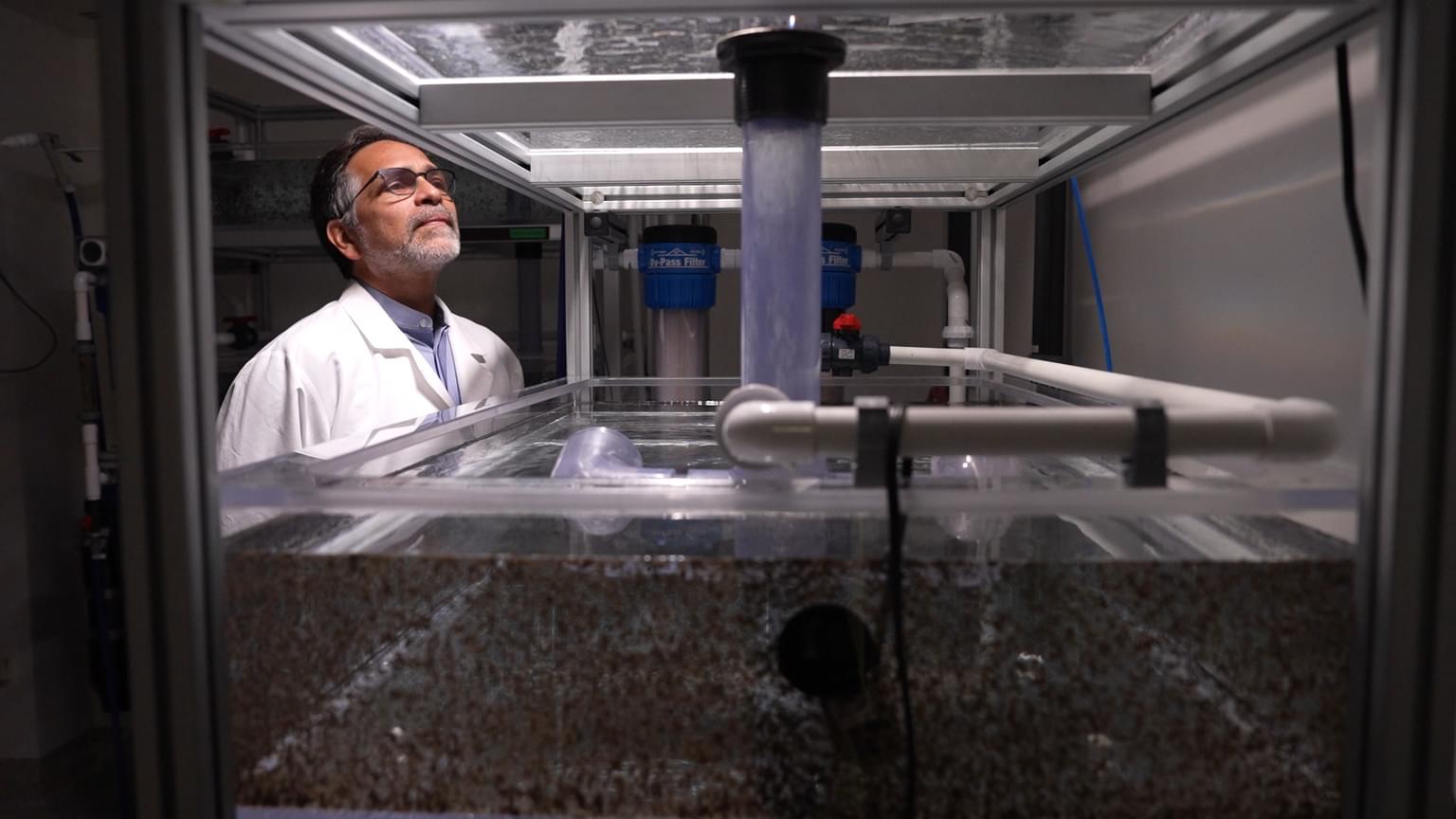News

03 April 2025
Does a cell’s “type” define its function?
A recent article co-authored by Stowers Investigator reviews current neurobiology research to highlight and foster scientific discussion.
Read Article
As a young man, Jim Stowers aspired to be a physician like his father and grandfather before him. Ultimately, however, Stowers’ influence on the medical field will likely surpass what he could have accomplished had he become a physician. A successful businessman who used his life experiences and fortune to found a major biomedical research organization, Jim Stowers will have a lasting and significant impact on science and medicine.
In 1994, Stowers and his wife, Virginia, established the Stowers Institute for Medical Research to conduct cutting-edge basic research. In their hometown of Kansas City, Missouri, they co-founded a 600,000-square-foot state-of-the-art facility, which opened in 2000.
“In addition to investing heavily in technology, Jim and Virginia were equally committed to following an enterprising approach,” says Stowers Institute President and CEO David Chao, PhD. “In their vision for the Institute, innovation and initiative apply just as much to its culture and organization as they do to its technological infrastructure.”
Jim and Virginia Stowers also wanted their scientists to be able to focus on their research—as opposed to spending their valuable time on laborious funding searches. So they continued to give to the Institute even after it was open, endowing it with gifts now totaling more than two billion dollars.
Today, the Institute houses twenty independent basic research programs and a dozen core technology and support centers. Of the nearly five hundred fifty Institute members, more than two thirds are scientific staff, which includes principal investigators, technology center directors, postdoctoral research associates and fellows, predoctoral research associates, and technical support staff. Together, there are currently more than one hundred ongoing research projects.
The research programs at the Stowers Institute focus on basic biomedical research in genetic model organisms as a way to understand how cells function and to decipher what happens when they malfunction. Stowers investigators analyze how genes and proteins control virtually all biological processes—from cell division to cell differentiation; from processing smells to storing fat; from generating memories to regenerating missing body parts.
Key to the Institute’s success is the collaboration among scientists and their projects. That means that even though the Institute houses twenty independent research programs, many of them dovetail with one another. In fact, collaboration was one of the key values Jim and Virginia Stowers originally instilled in the research institute that bears their name.
“While scientists in the nineteenth and early twentieth centuries often worked alone, today’s scientists almost never do,” says Chao. “Promoting a team-based approach to science is one of the Institute’s key institutional objectives. What we have here is a highly collaborative, intellectually stimulating environment where scientists can freely share their ideas and create the kind of creative synergy that spurs great discoveries.”
News

03 April 2025
A recent article co-authored by Stowers Investigator reviews current neurobiology research to highlight and foster scientific discussion.
Read Article
News

01 April 2025
Brown, who held key leadership roles for both organizations, passed away March 27, 2025.
Read Article
Press Release

27 March 2025
Alejandro Sánchez Alvarado, Ph.D., receives recognition as a leader and expert in regenerative biology and its potential to transform human health.
Read Article
